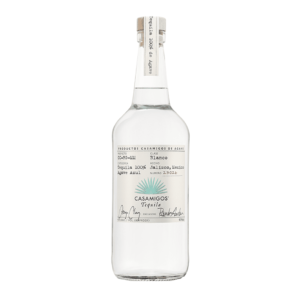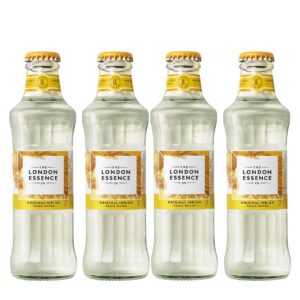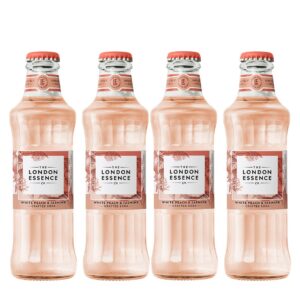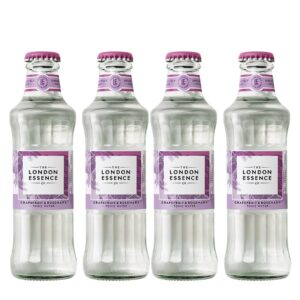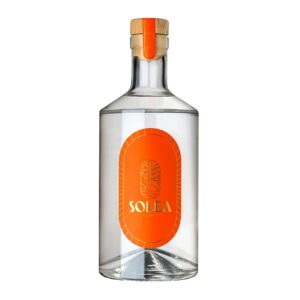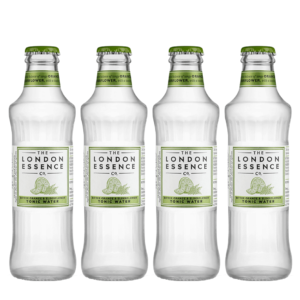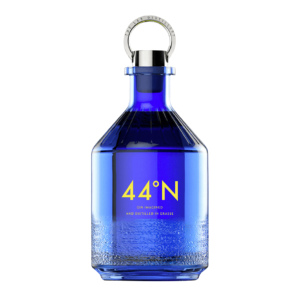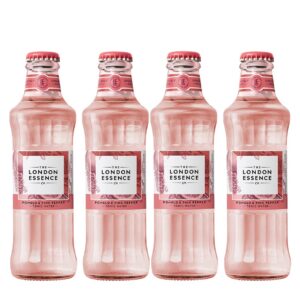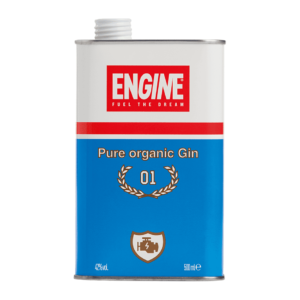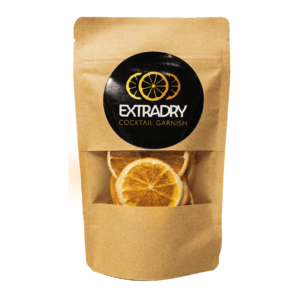Tequila, Mexico's flagship spirit
An emblematic Mexican spirit, tequila has forged a strong reputation across the globe, gaining in quality over the years and becoming a must-have in mixology. Learn all about this traditional alcohol, which is far more complex than it seems.
The history of tequila

Its origins date back to pre-Columbian times in Mexico. Tequila as we know it did not yet exist, but the locals were already producing alcoholic beverages from agave. However, it wasn’t until the 16th century and the arrival of the Spanish conquistadors that the art of distillation was discovered.
It then evolved widely, until 1758, when the first tequila distillation license was granted to José Antonio de Cuervo. He then founded a distillery in his name, which would become a leading brand in this category. Others followed, and this alcohol quickly became very popular in the country. Originally a national beverage, it now crosses borders to be enjoyed the world over.
But her journey has not been without its pitfalls. While it is the main ingredient in the Margarita, a classic cocktail, it has struggled to make its mark in premium spirits. Indeed, for a long time, consumers thought of it as a shooter, the famous teq paf, without really being interested in the diversity of flavors behind it. But little by little, the industry expanded, brands multiplied and tequila became more complex. Today, its reputation is well established, thanks in no small part to the work of dedicated distillers determined to showcase the full extent of its talents. It can be enjoyed in cocktails or on its own to enjoy its authentic taste.
How is it made?
And to get it, you have to follow a meticulous process using one plant: Weber blue agave. This specific variety of agave, with its characteristic blue-green color, is mainly grown in the Mexican state of Jalisco. The fields are called “agavera” and can only be harvested after 7 to 10 years. Tequila requires patience. The leaves are cut off, leaving only the piña, the heart of the agave, which is cut into pieces for cooking. This makes it easier to extract the juice once they’ve been ground.
This juice, called “aquamiel”, is the basis of the fermentation process. Yeast is added to convert the sugars into alcohol before the resulting liquid is distilled. Traditionally, double distillation is used, but some growers go a step further and triple distillation. The distillates can then be aged in casks before being blended and bottled.
To be called tequila, it must be made from at least 51% agave, with the remainder coming from other sources such as water, sugars and other authorized additives. However, top-quality tequilas are generally those made with 100% agave.
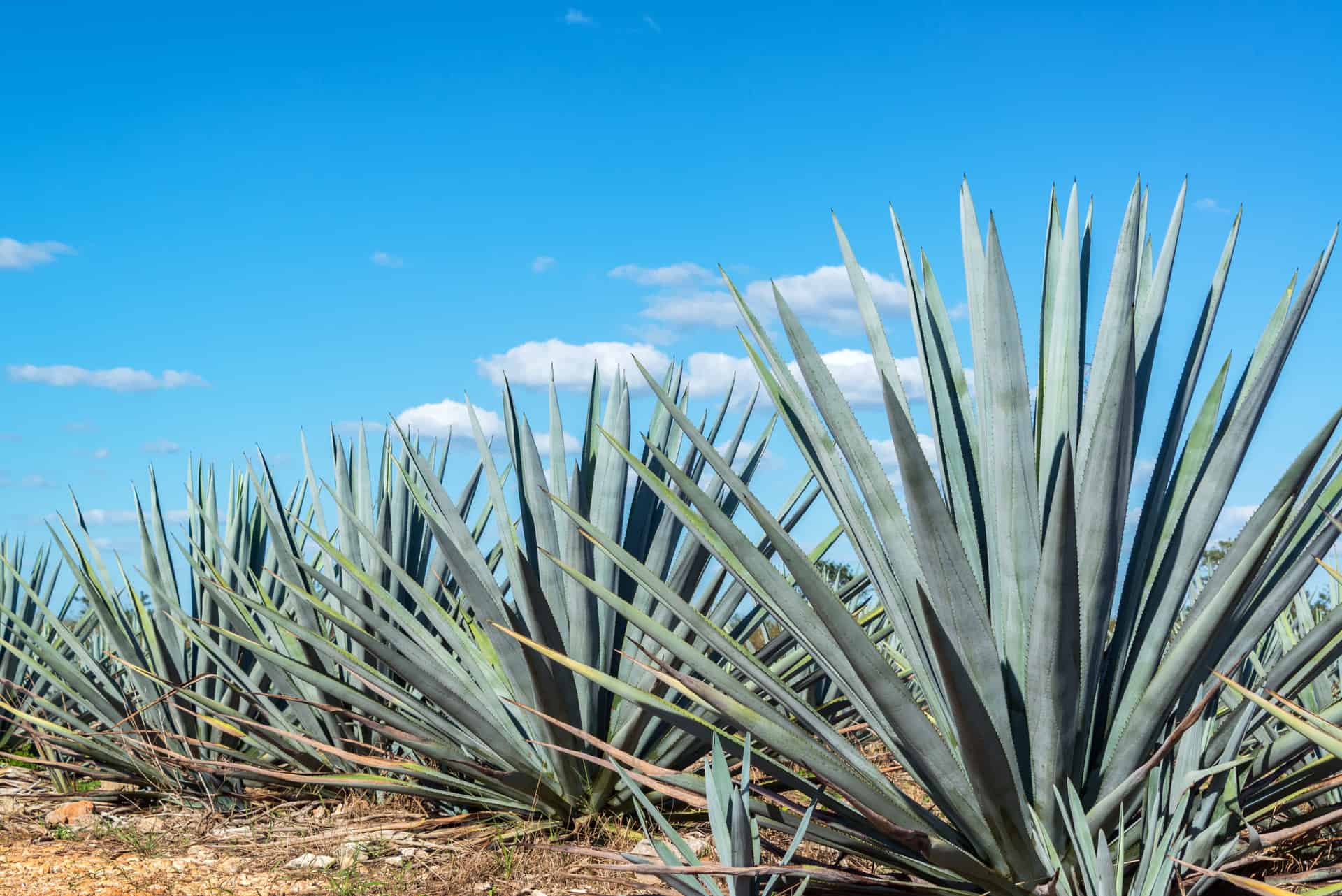
The different types of tequila
There are four categories of tequila, depending on the production process:
- Tequila Blanco : unaged, often bottled shortly after distillation. Also known as silver or plata, it evokes the natural aromas of agave. Full of freshness and ideal for cocktails.
- Tequila Reposado: aged in oak barrels for two months to a year. Behind its slightly golden color lie the characteristic vanilla notes of the wood.
- Tequila Añejo: aged in oak barrels for one to three years. Slightly darker than Reposado, it is also richer. Caramel meets chocolate and dried fruit.
- Tequila Extra Añejo : undoubtedly the most complex, it is aged in oak barrels for over three years. Tasting is sometimes reminiscent of certain whiskies.
Tequila and Mezcal, what's the difference?
Mexico’s other symbolic spirit shares agave as its starting point with tequila. However, there are a few key points to differentiate them. Mezcal can come from a variety of agave plants, the most common being espadín. Due to its more confidential production, it also uses more traditional methods. Agaves are cooked in pits dug in the ground, giving them their characteristic smoky taste. It stands out on tasting for its fuller body and its palette of fruity and earthy notes.




